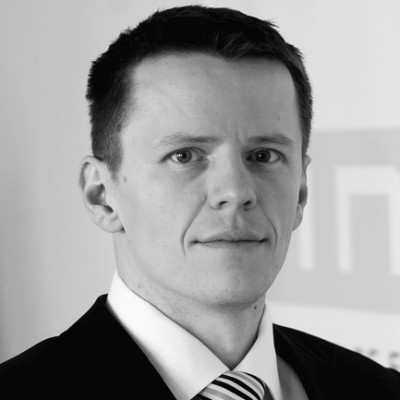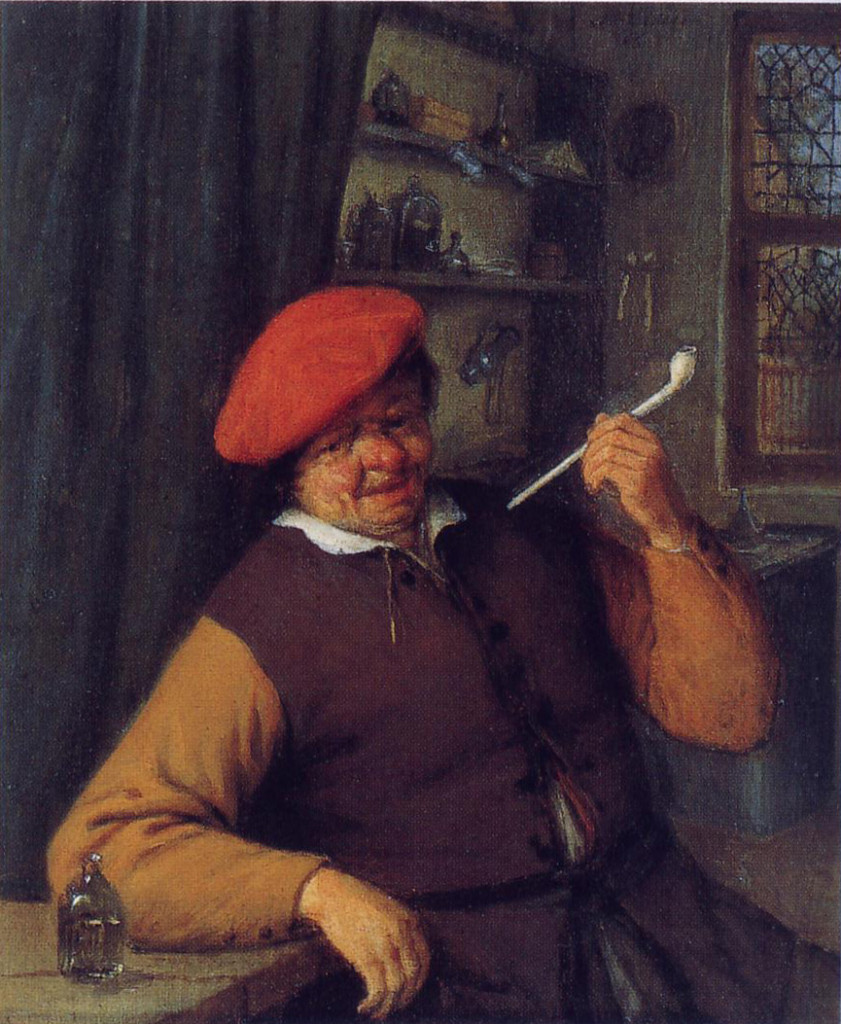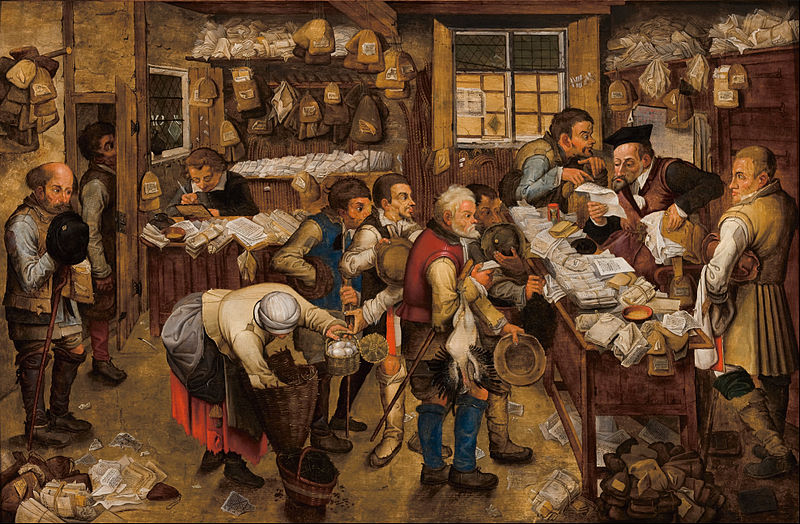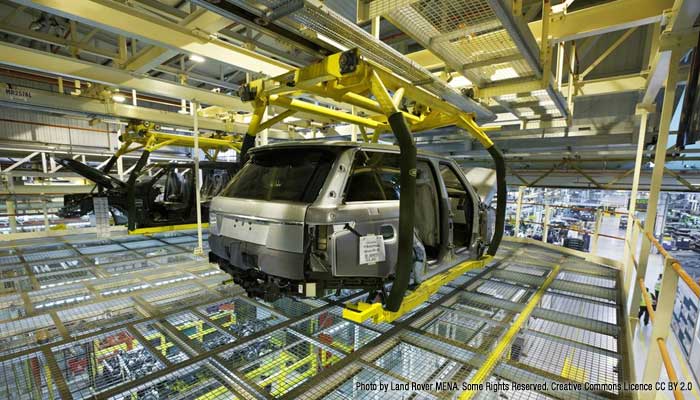
Now Is Best Time for Slovakia to Do Away with Semi-Gross Wage
According to a representative survey commissioned by the economic think-tank INESS, very few Slovaks know what employer levies are paid today, or what their actual amount is.










![REVIEW #10: Two Steps Forward, One Backward [AFTERWORD] REVIEW #10: Two Steps Forward, One Backward [AFTERWORD]](https://4liberty.eu/phidroav/2025/02/REVIEW-10-759x1024.jpg)

